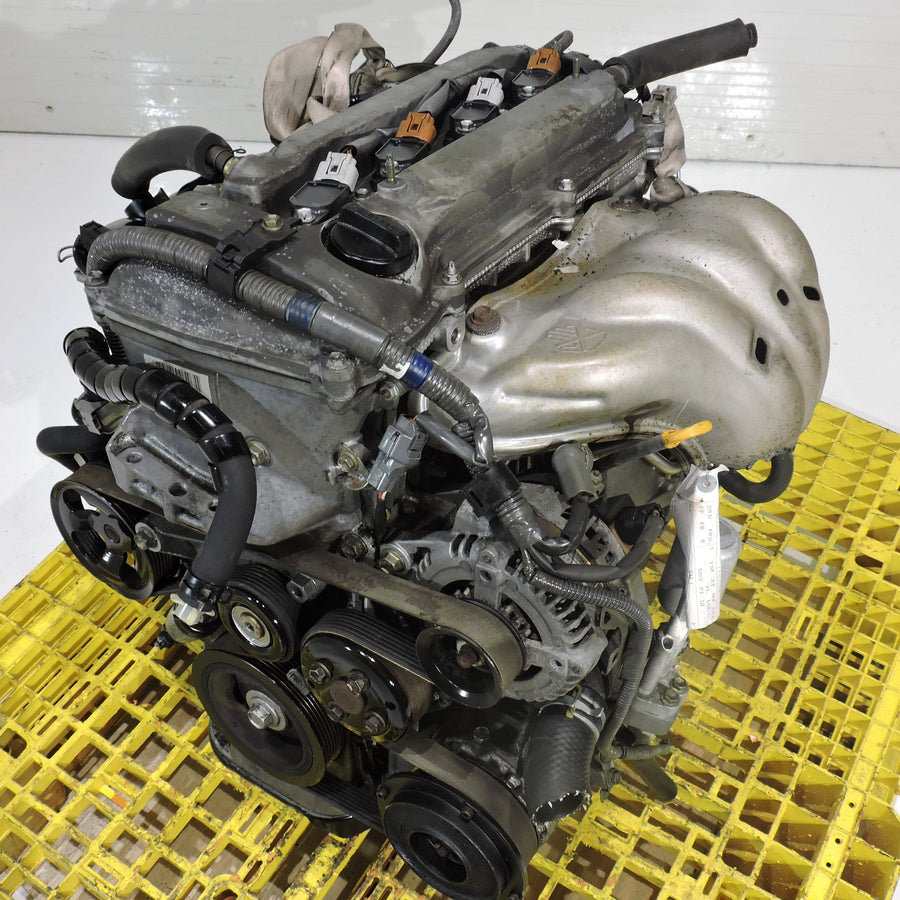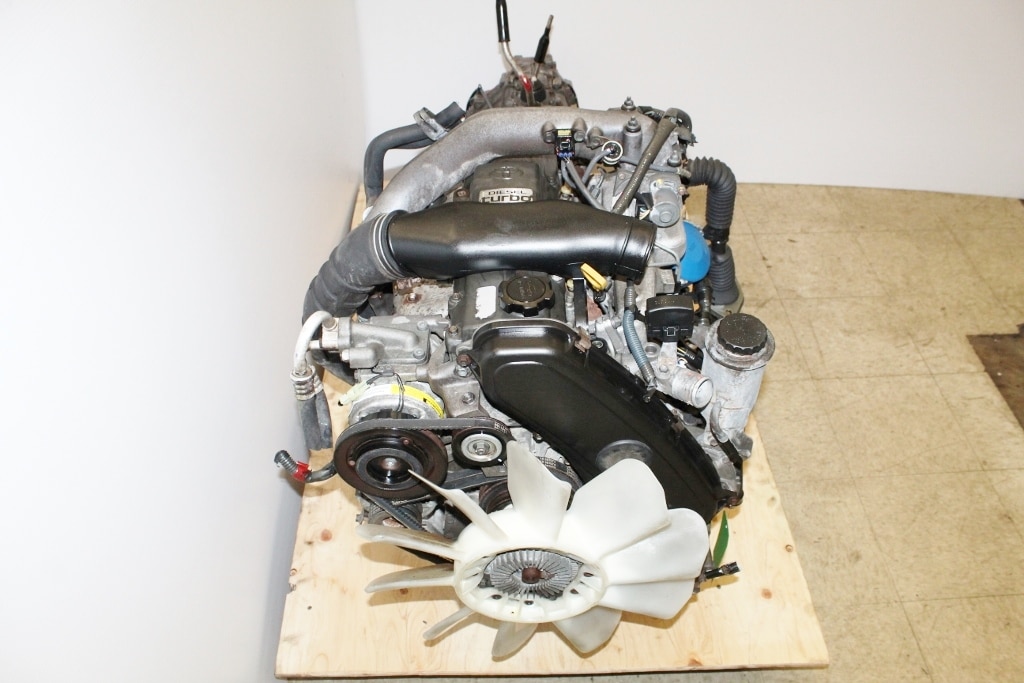Toyota RunX RSI: The Compact Vehicle With a Powerful Edge
Toyota RunX RSI: The Compact Vehicle With a Powerful Edge
Blog Article
Explore Top Quality and Value: Your Overview to Purchasing a Pre-owned Engine
When considering the acquisition of a pre-owned engine, comprehending the elaborate balance between high quality and worth is critical. A detailed assessment of engine history, condition, and dependability is necessary to ensure an audio financial investment. By performing appropriate examinations and study, potential customers can navigate the complexities of the market better. However, the nuances of service warranty choices and rates techniques can considerably affect the total decision-making procedure. As you ponder these aspects, one inquiry remains: what particular components will inevitably assist your option in this crucial investment?
Understanding Engine Kind
When thinking about the purchase of a pre-owned engine, understanding of the various engine kinds is vital for making an educated decision. Engines can generally be categorized right into 2 main kinds: inner combustion engines and electrical engines. Inner burning engines, that include gasoline and diesel variants, depend on the combustion of gas to create power. Fuel engines are generally lighter and rev greater, making them suitable for efficiency cars, while diesel motor are renowned for their torque and gas effectiveness, commonly favored in heavy-duty applications.
On the various other hand, electrical engines make use of electrical power saved in batteries to power the automobile, providing a cleaner alternative with less relocating parts and lowered maintenance requirements. Within these classifications, there are better differences, such as two-stroke versus four-stroke interior burning engines, and different electric motor configurations.
Understanding these differences is important, as they impact performance, compatibility with existing lorry systems, and long-lasting operational expenses. By familiarizing oneself with the different kinds of engines available, potential customers can better examine their requirements and make selections that align with their vehicle's demands and their individual choices.

Assessing Engine Condition
A detailed examination of engine problem is paramount for any person considering the acquisition of a pre-owned engine. Start with a visual evaluation; look for indications of oil leakages, corrosion, or any type of physical damages to the engine block. A tidy engine is usually a measure of great upkeep methods, while too much crud may suggest neglect.
Following, assess the engine's parts, including the timing belt, gaskets, and seals. Try to find damage, as these components can be costly to replace. Furthermore, check out the engine installs, as harmed installs might bring about vibrations and more mechanical issues.
A compression test is important to assess inner engine wellness. Uniform compression across all cylinders shows a well-maintained engine, whereas significant disparities might indicate internal damages or wear.
Listening to the engine throughout a startup can offer important insights; any kind of unusual sounds, such as rattling or knocking, might suggest deeper issues. If possible, demand an examination run to assess efficiency under load. By diligently evaluating these aspects, possible buyers can make informed decisions and secure a quality second-hand engine.
Checking Engine Background
Understanding the engine's history is vital for making a knowledgeable purchase. Knowledge of previous use, upkeep records, and any previous damages can why not find out more significantly affect the engine's dependability and longevity. Begin by requesting the lorry identification number (VIN) or engine identification number, which enables you to trace the engine's history.
Use readily available resources, such as Carfax or AutoCheck, to get a car background record. This report will offer essential understandings, including mishap background, solution documents, and previous possession information. Toyota RunX RSI. Pay certain interest to any type of signs of serious damage or repeated repairs, which may suggest underlying issues
Ask about maintenance regimens carried out on the engine. Normal oil changes, timing belt substitutes, and other safety nets show responsible possession. In addition, ask if the engine has actually undergone any kind of modifications, as non-standard modifications can affect performance and compatibility with your car.
Finally, preferably, look for confirmation from a relied on auto mechanic who can evaluate the engine's problem based on its background (Toyota RunX RSI). This extensive investigation will help you ensure and prevent potential risks that your financial investment is rewarding and audio
Guarantee and Return Plans
Investing in a second-hand engine often comes with varying warranty and return policies that can considerably impact your decision. When taking into consideration a made use of engine, it is important to extensively examine the guarantee options given by the vendor.

Additionally, trustworthy sellers typically give documents that describes the service warranty and return process, making sure transparency. Constantly request this information prior to settling your purchase. A well-defined service warranty and return policy can offer satisfaction and shield your investment, making it an integral component of the decision-making procedure when getting a second-hand click now engine.
Finding the very best Offers
When seeking the most effective bargains on a second-hand engine, it is important to carry out detailed research study and compare rates from different sellers. Start by checking out online marketplaces, vehicle forums, and neighborhood salvage lawns to collect a thorough understanding of the market. Making use of cost contrast devices can streamline this procedure, highlighting affordable rates throughout different systems.

Consider timing your acquisition purposefully. Seasonal fluctuations popular can affect costs, with specific times of the year providing much better bargains. In addition, be open to working out prices; lots of sellers may agree to reduce their asking price, specifically if the engine has actually been provided for an extensive period.
Final Thought
In recap, purchasing a pre-owned engine requires an extensive assessment of quality and worth. Assessing engine problem via assessments and examinations, confirming its history, and recognizing service warranty and return hop over to here policies are critical actions. Furthermore, contrasting costs across different sellers guarantees the ideal monetary choice. By sticking to these guidelines, purchasers can boost their chances of getting a reputable engine that fulfills their requirements while avoiding prospective mistakes connected with used purchases.
When considering the purchase of a second-hand engine, understanding of the different engine kinds is important for making an educated decision. Engines can generally be classified right into 2 major types: inner combustion engines and electric engines. Fuel engines are generally lighter and rev higher, making them ideal for efficiency lorries, while diesel engines are renowned for their torque and gas effectiveness, usually favored in heavy-duty applications.
A thorough analysis of engine condition is critical for anybody thinking about the acquisition of a pre-owned engine. Begin by requesting the automobile recognition number (VIN) or engine serial number, which allows you to trace the engine's history.
Report this page